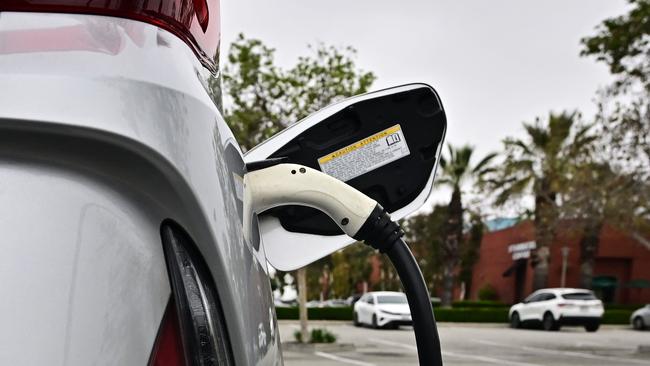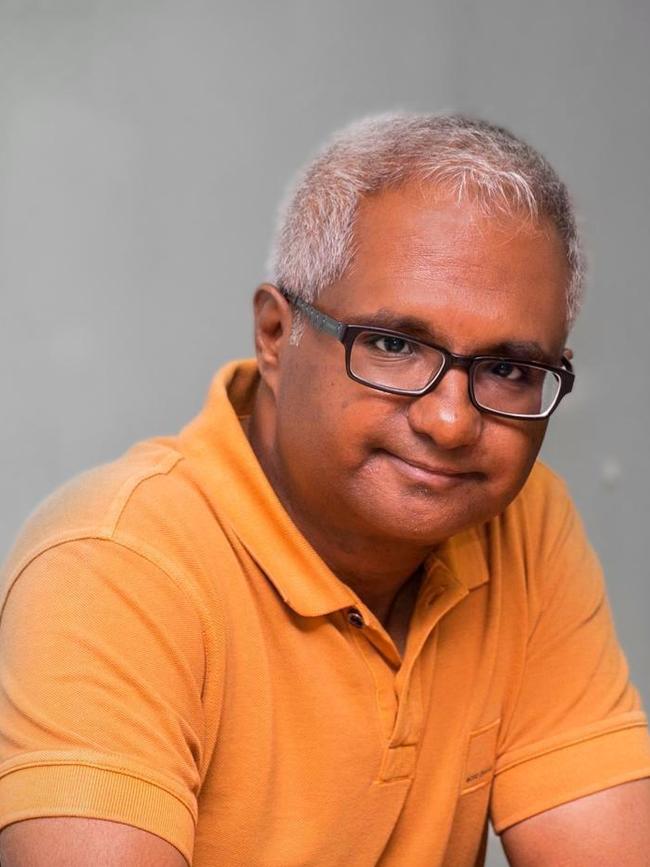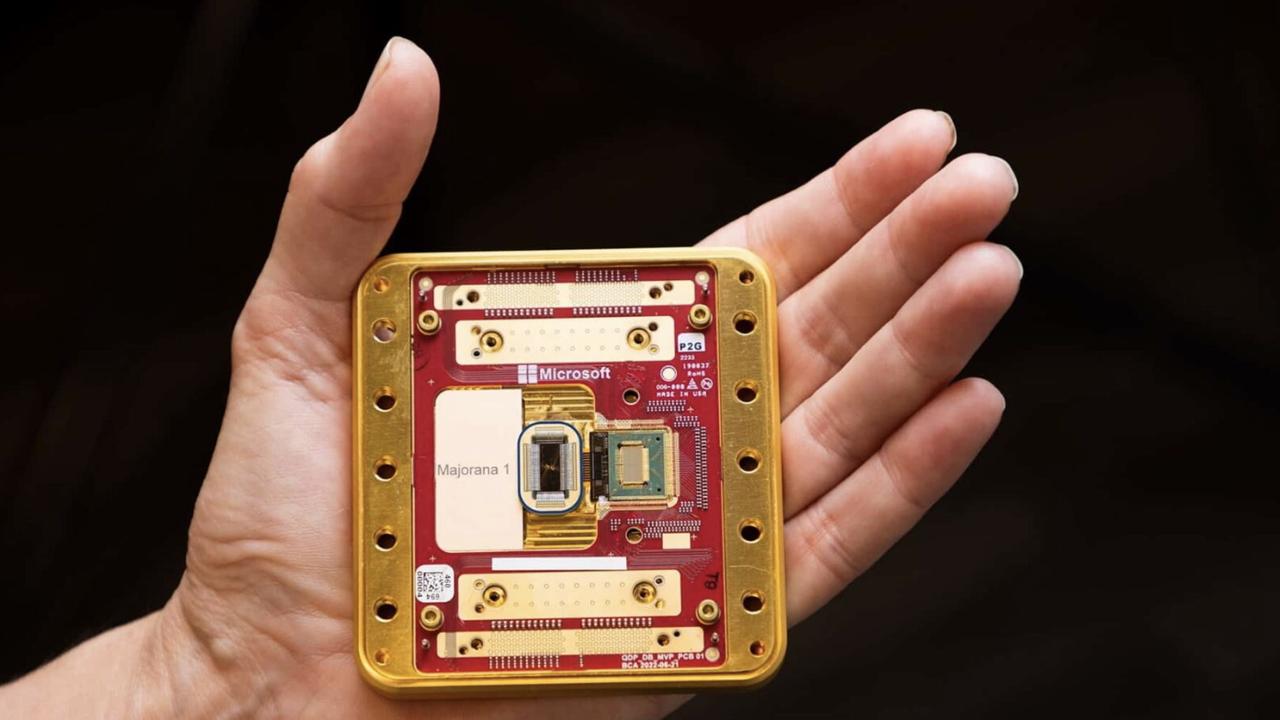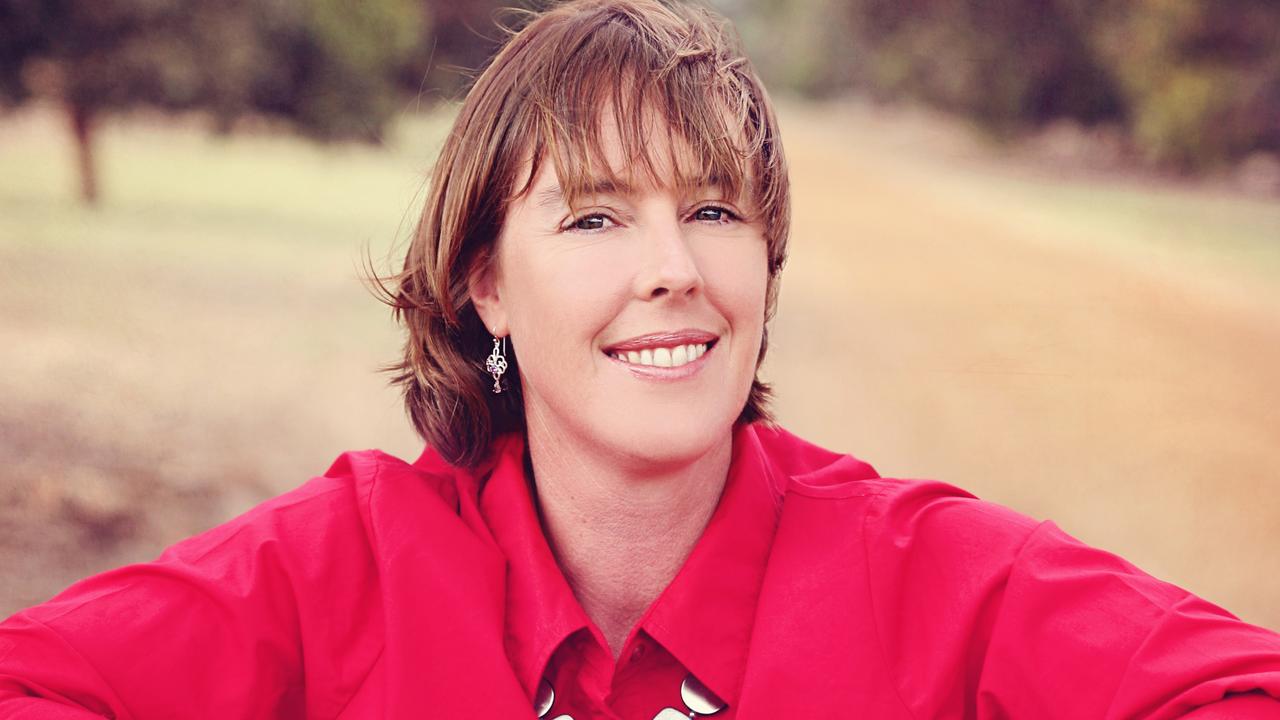Bosch taps Monash University to boost supply of environmentally friendly semiconductors
Australia is playing a key role in boosting the global supply of semiconductors, with the world’s biggest auto parts supplier tapping a Melbourne university to help increase output.

Australia is playing a key role in boosting the global supply of semiconductors, with the world’s biggest auto parts supplier tapping researchers at a Melbourne university to develop technology to increase output.
Car manufacturers have been forced to cancel millions of orders of new vehicles after the year-long war in Ukraine exacerbated an already tight market for semiconductors, which are known as the “motor that drives the modern world of technology”. This equated to about $US210bn ($313.81bn) in lost sales.
The chips are used in countless products, from Hyundais and Mercedes Benzes to hi-tech sleep apnoea machines and toasters – becoming as central to the global economy as oil. Demand is set to continue to soar as more countries mandate the use of electric vehicles – with US President Joe Biden setting a goal for EVs to account for half of all new car sales by 2030 – placing further pressure on supply chains.
Bosch, the world’s biggest auto parts supplier, is investing more than €3bn ($4.97bn) into making more semiconductors, and has turned to researchers at Monash University in Melbourne’s southeast to help make the chips not only easier to produce but also more environmentally friendly.

China has stoked fears that it wants to dominate global semiconductor production, sparking a frenzy across the US and other Western economies to strengthen their own production.
While it may seem odd that Melbourne has once again found itself at the cutting edge of automotive production – the last car manufacturer left Australia seven years ago – Bosch has continued to produce diodes at its Clayton factory, which is next door to Monash.
Diodes contain semiconductor chips that allow electricity to flow in only one direction – playing an essential role in powering lights, wipers, radios, and battery charging.
Bosch senior project and product development manager Vemal Raja Manikam – who was based at the company’s Australian arm until early last year before moving to its headquarters in Stuttgart, Germany – told this masthead that Monash had helped remove toxic materials from diodes and made them easier to produce.
“One of the key requirements for automotive customers is they don’t want to use those heavy metals, which are hazardous, in their car parts anymore. They want a lead-free solution,” Dr Manikam said.
“We actually delivered that, working with the MCN (Melbourne Nanofabrication Centre at Monash University). It was a very quick turnaround because we could go out to Monash and MCN, do the scans required and then the analysis and come back and tell the electroplater what they needed to do.”

A nickel-plated housing protects diodes from corrosion and also has a plating solution. A stabiliser – often lead – is added to stop the plating solution from decomposing.
The first project that Bosch worked with MCN on was removing lead from the process. MCN’s electron microscopes and focused ion beam instruments were used to determine the content of lead in each sample as the Bosch scientists tried new non-toxic alternatives.
“We converted the whole electroless nickel plating process into a lead-free process and we started making diodes that were lead free. We rolled it out at one of our plants at Germany … so it was quite successful,” Dr Manikam said.
But Bosch’s Melbourne plant is the only factory worldwide that makes diodes for the company.
“It actually starts from building the vare silicon and then packaging it, testing it and shipping it out to the alternator manufacturer, so everything is done in Melbourne,” Dr Manikam said.
Another problem that MCN helped Bosch solve was finetuning analysis of the different metal layers in a semiconductor. Dr Vemal said these layers – of silver, chromium, nickel and other metals, impact bonding.
“It’s important to know just how much of each metal makes up each superconductor, so we can relate that to efficacy,” he said. These layers are 100 to 200 nanometres in thickness, so beyond traditional measurement technologies.
“We worked with the MCN technicians and they would use their focused ion beam scanning electron microscope to cut through the chips in a way that allowed the thickness of each metal layer to be accurately determined. They did this in a way (that) there were no chips or flaws, like cutting chilled butter, it was amazing,” Dr Manikam said.
It comes as China has been ramping up its semiconductor industry, with the country and elsewhere in east Asia accounting for 75 per cent of the world’s chip manufacturing, according to the Semiconductor Industry Association.
China is forecast to fully dominate chip production by 2030, as its government ploughs $US100bn of subsidies into the industry. But the US government and companies have been spending billions to shore up domestic manufacturing. In the past three years, semiconductor companies have proposed more than 40 projects across the US worth almost $US200bn.
Semiconductor supply chains have come under pressure following Russia’s invasion of Ukraine. About half the world’s supply of neon gas, which is used to fuel the lasers that print circuitry on semiconductors, is produced in Ukraine. And more than 30 per cent of the world’s palladium — which is used in the later manufacturing stages of semiconductors — comes from Russia.







To join the conversation, please log in. Don't have an account? Register
Join the conversation, you are commenting as Logout